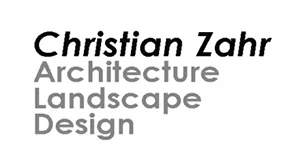

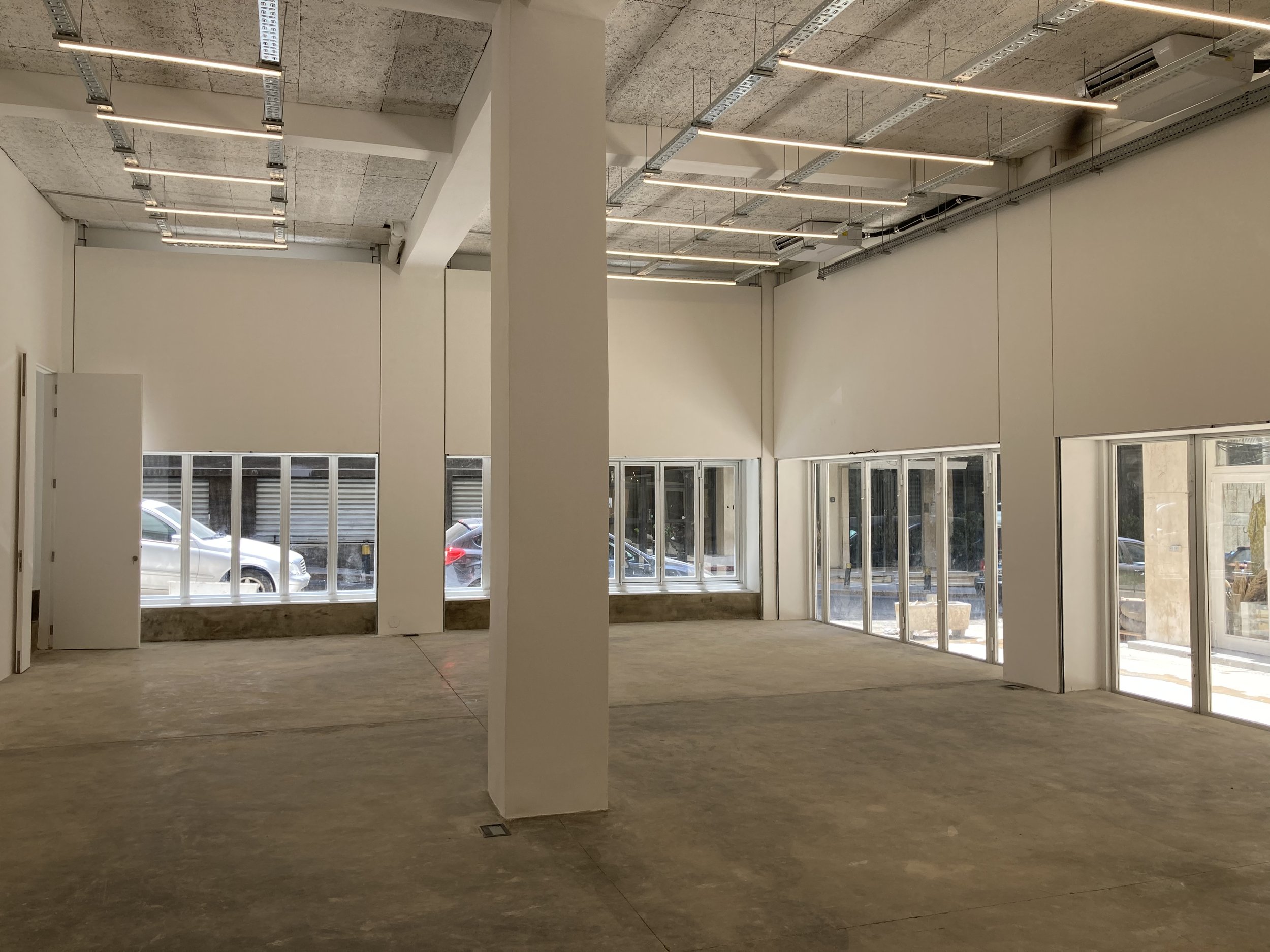
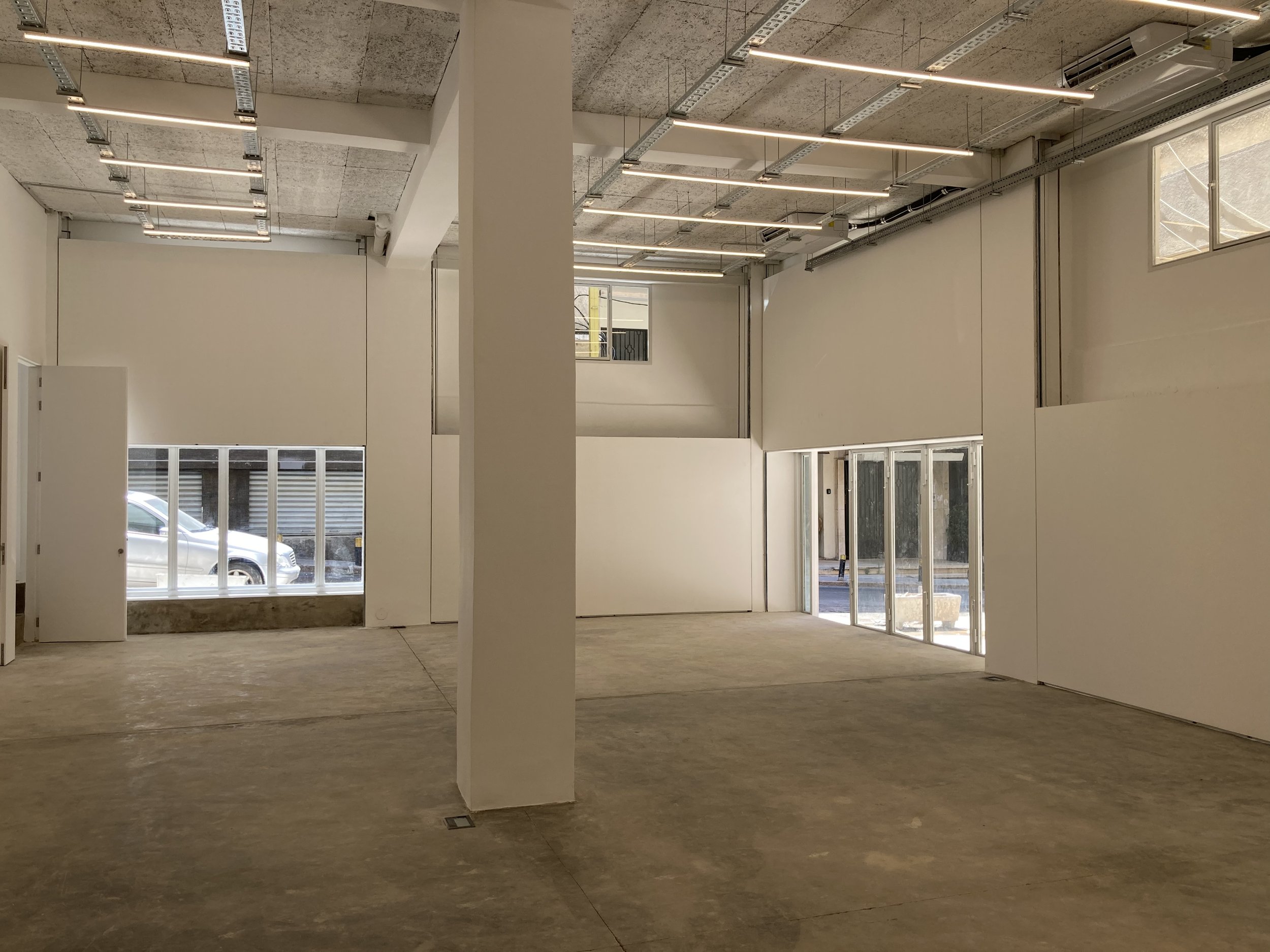
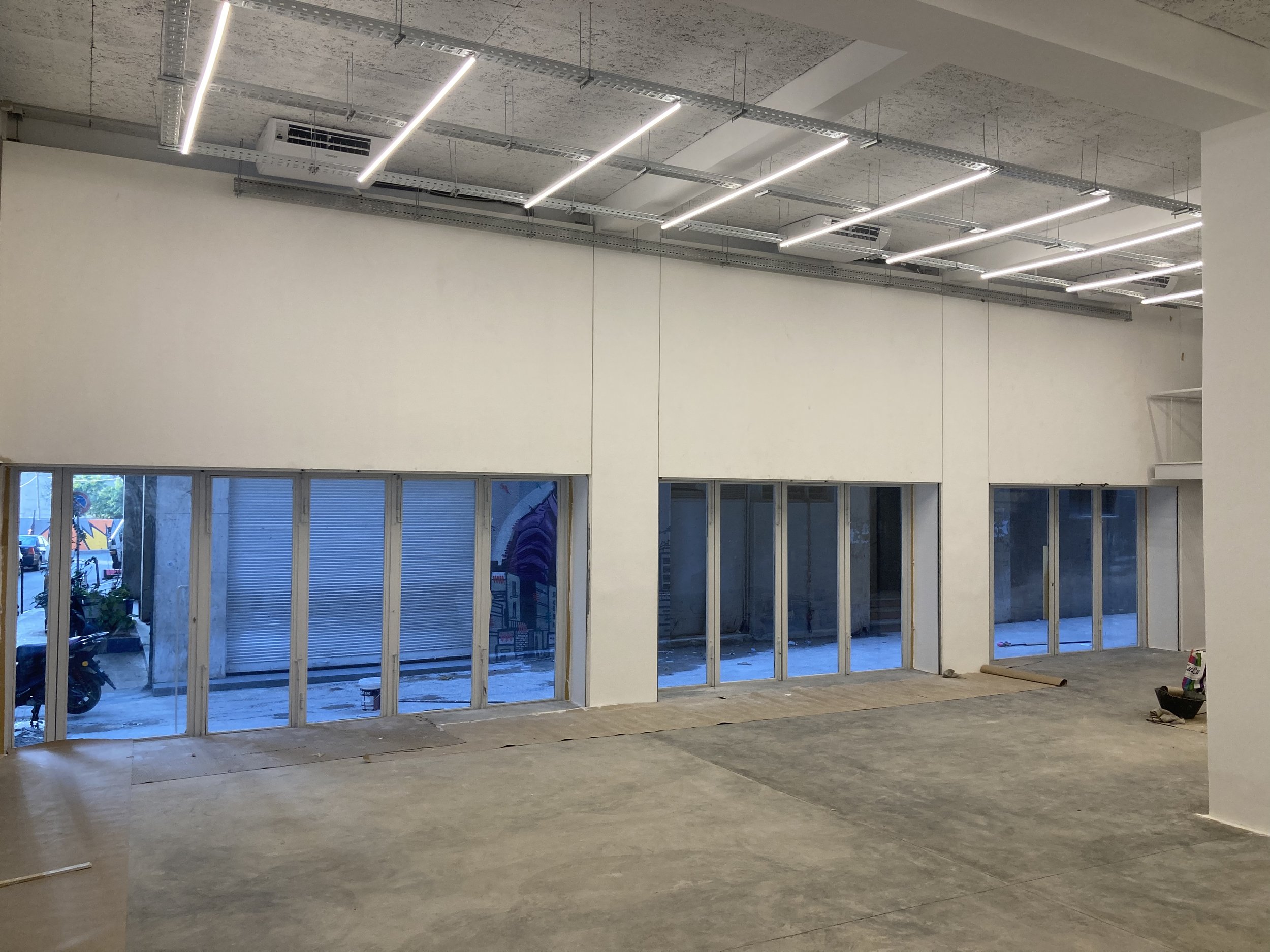
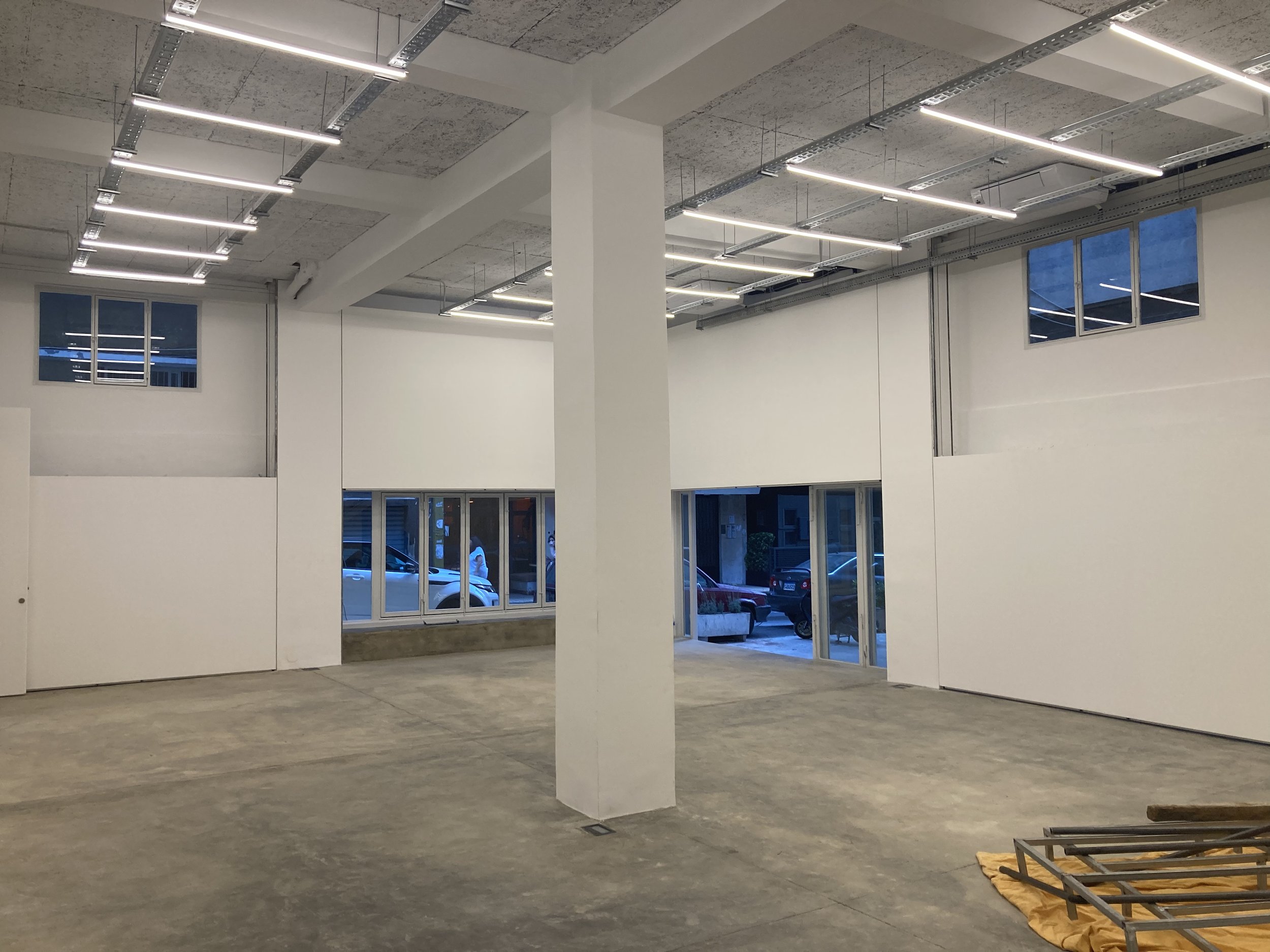
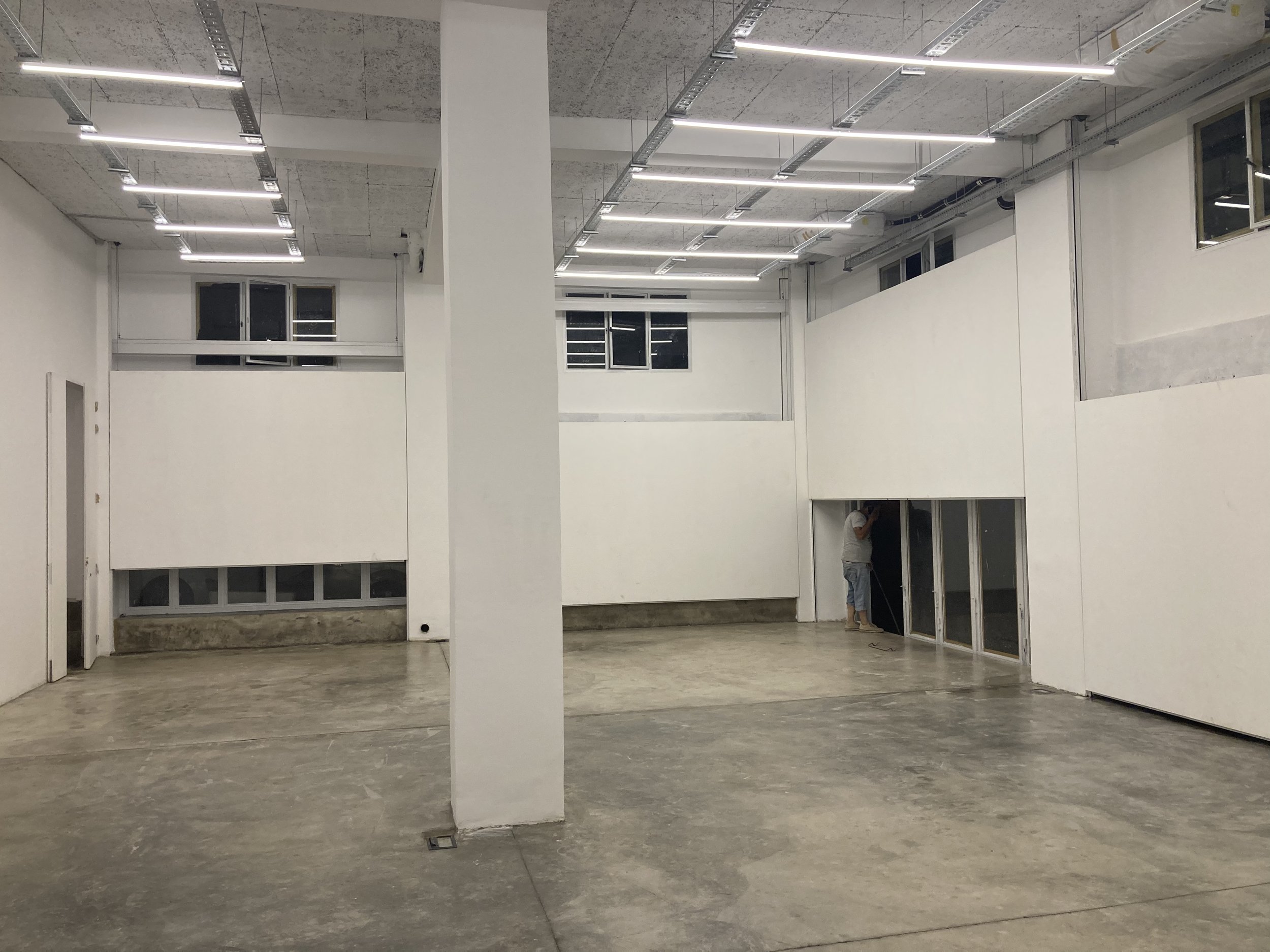
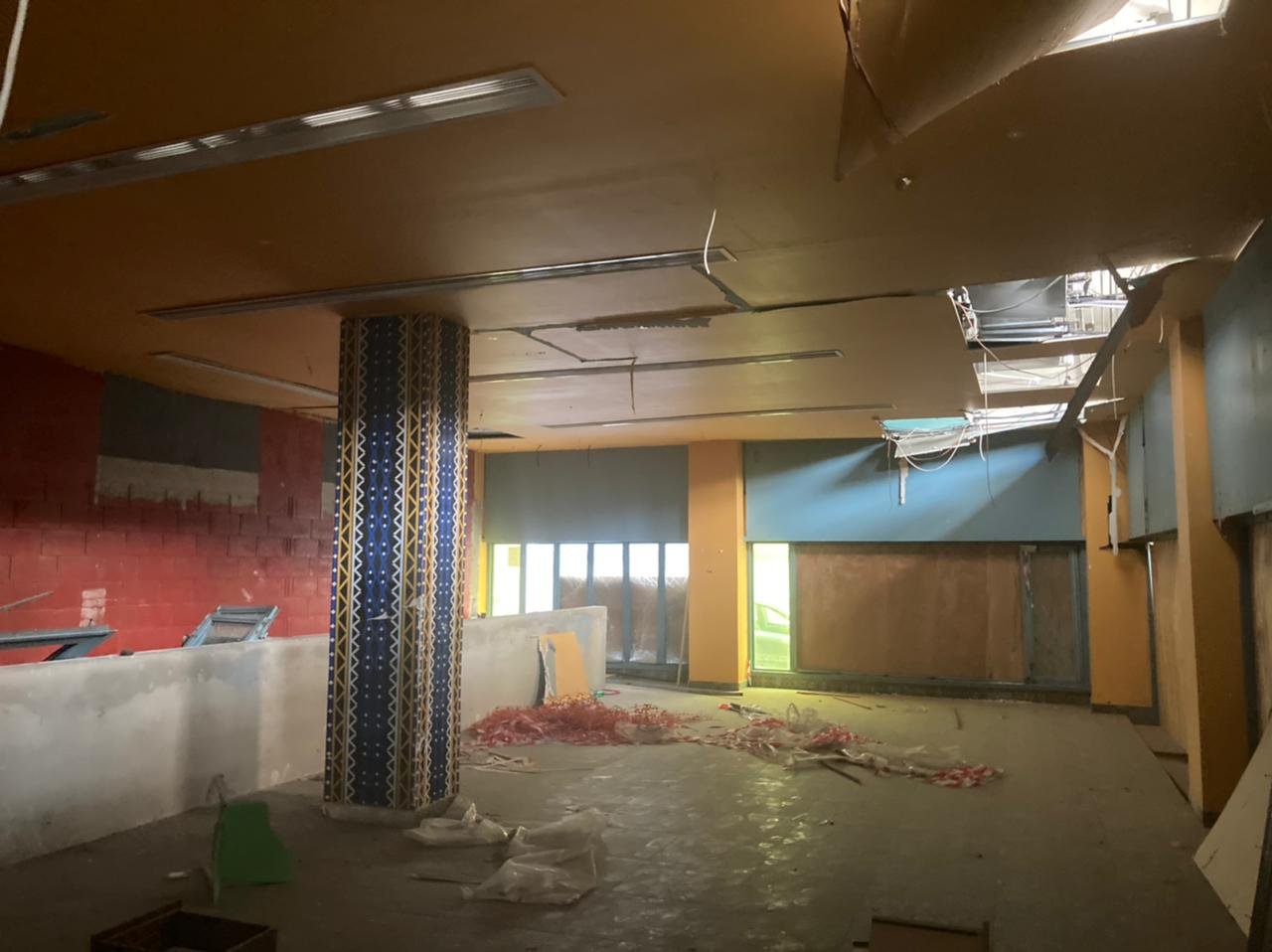



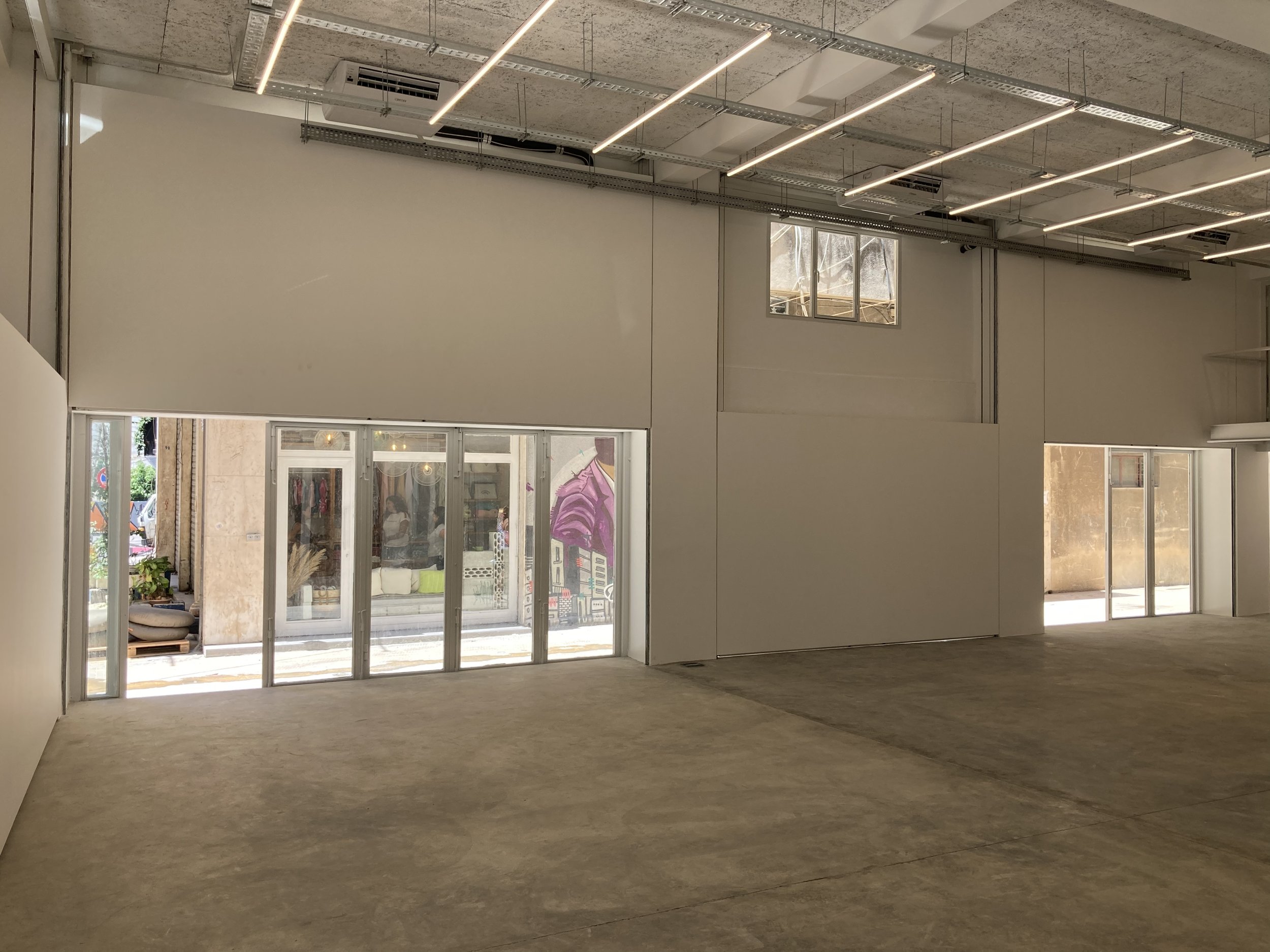
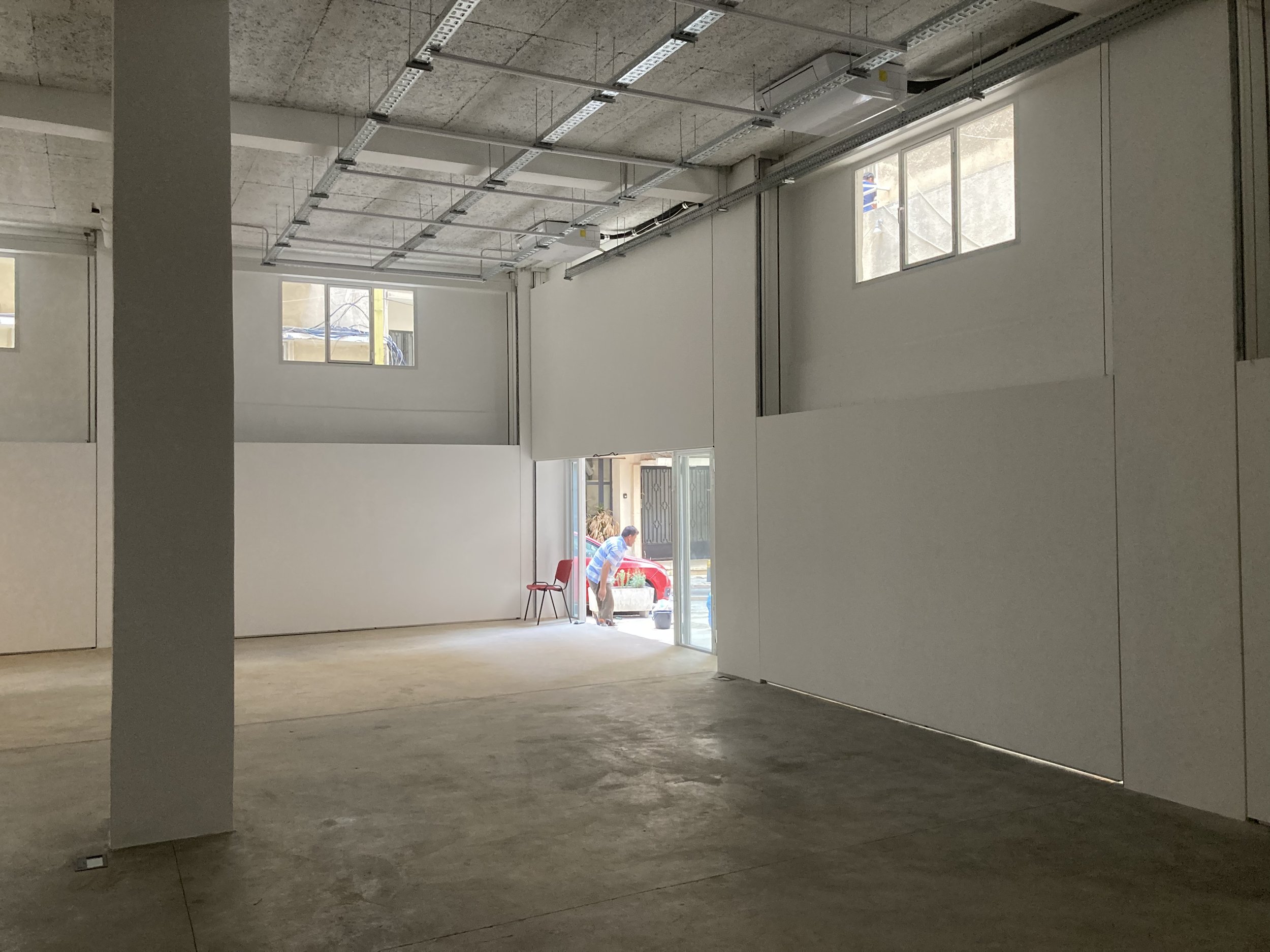
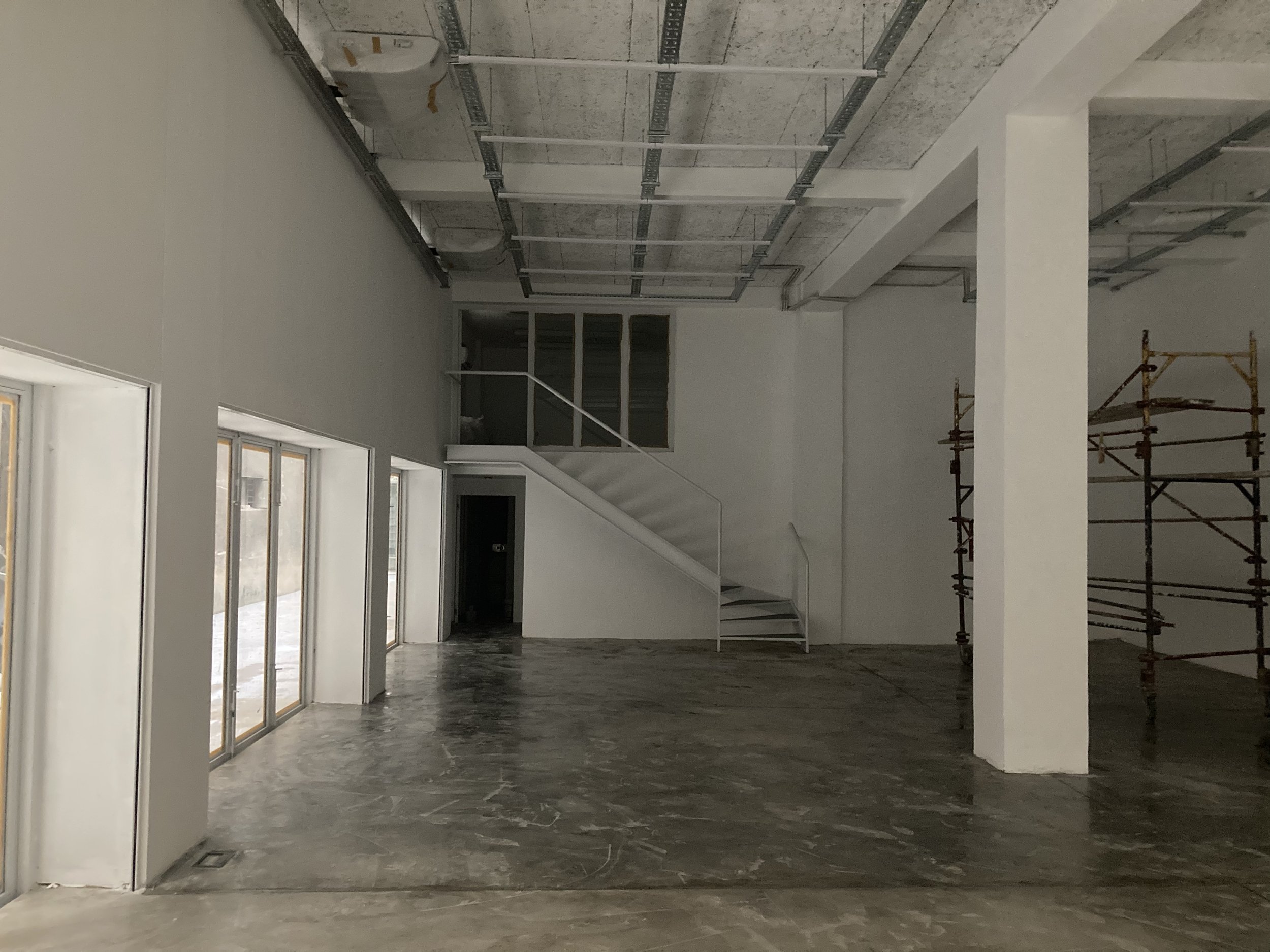
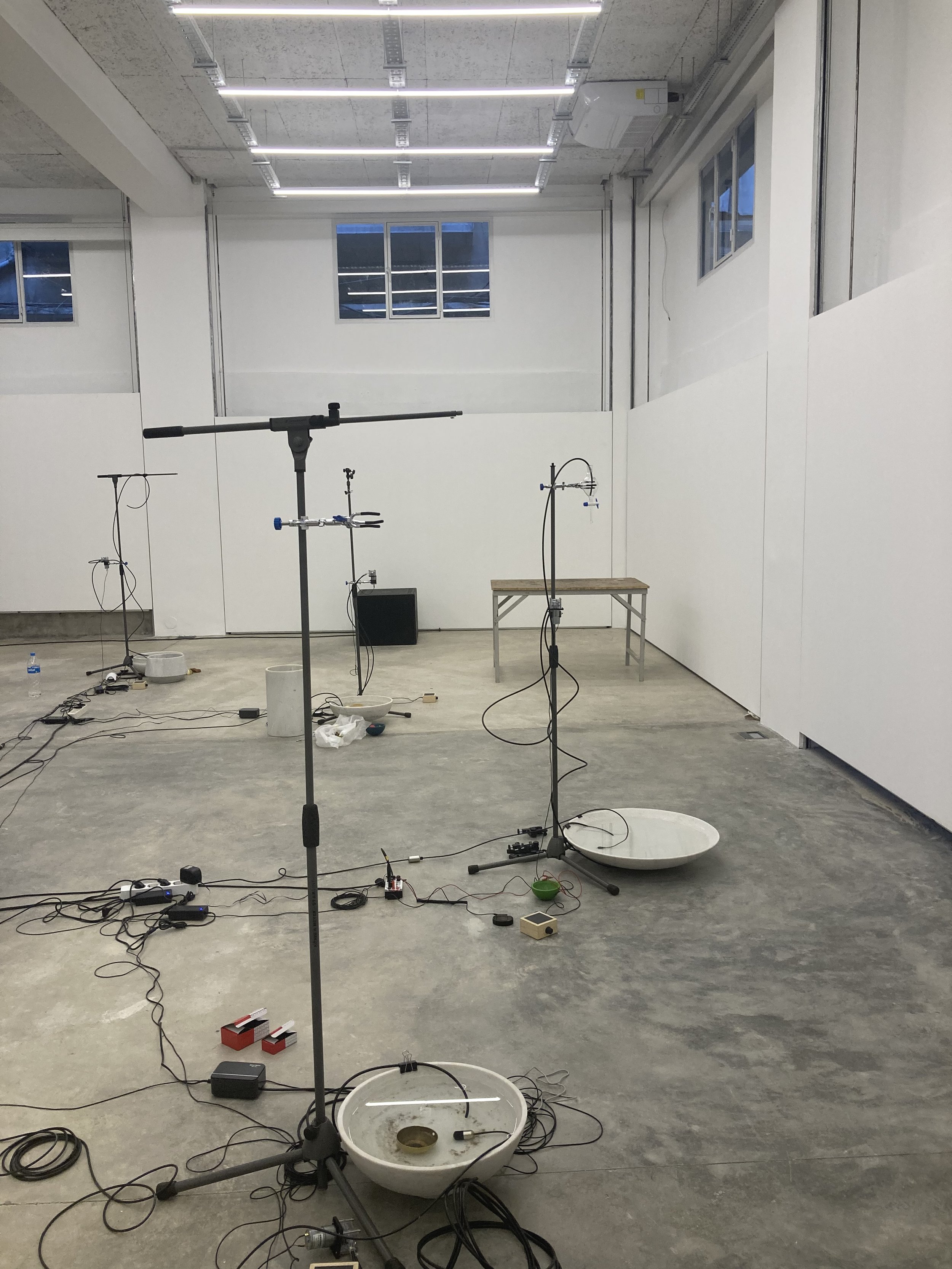
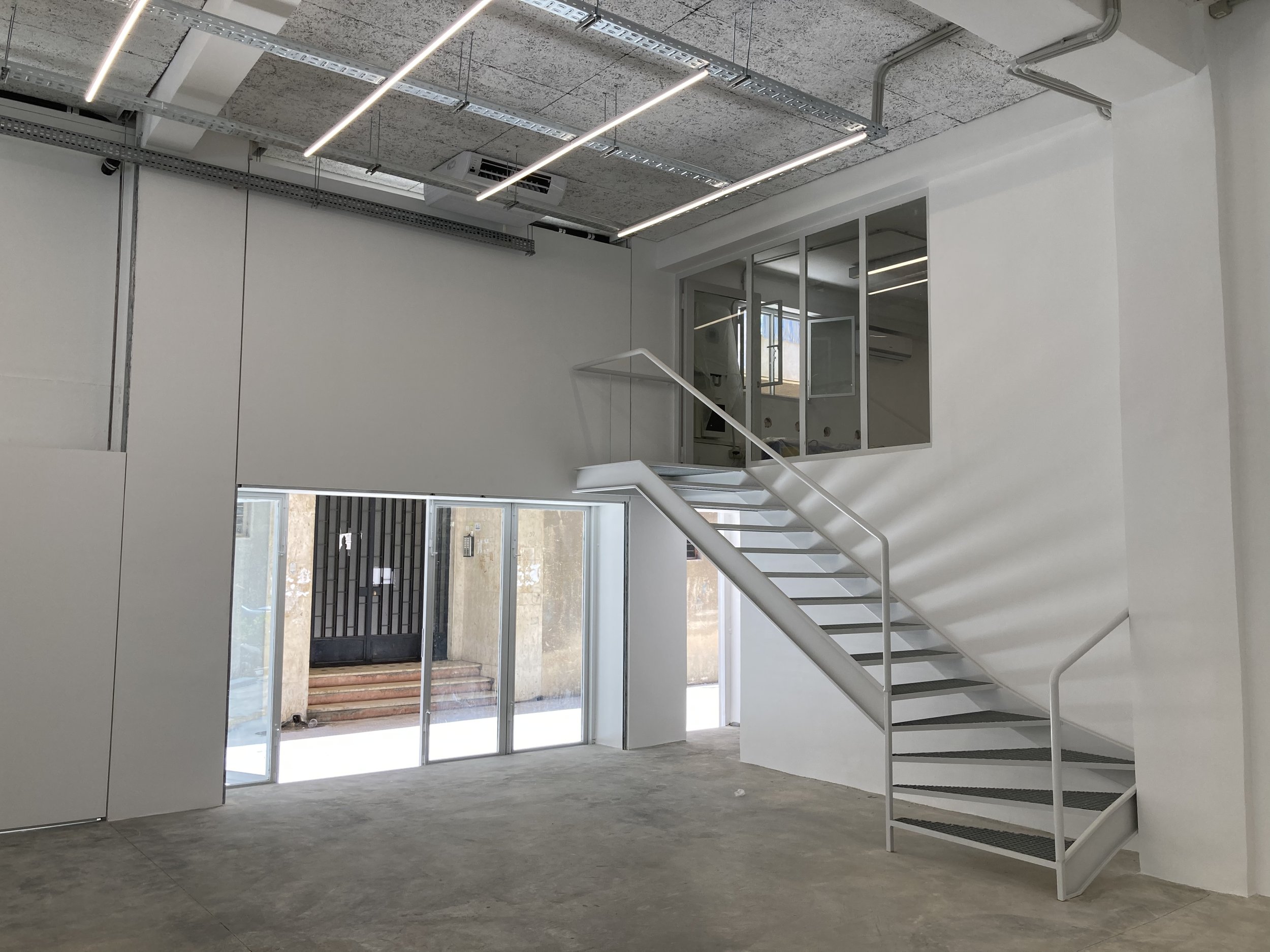
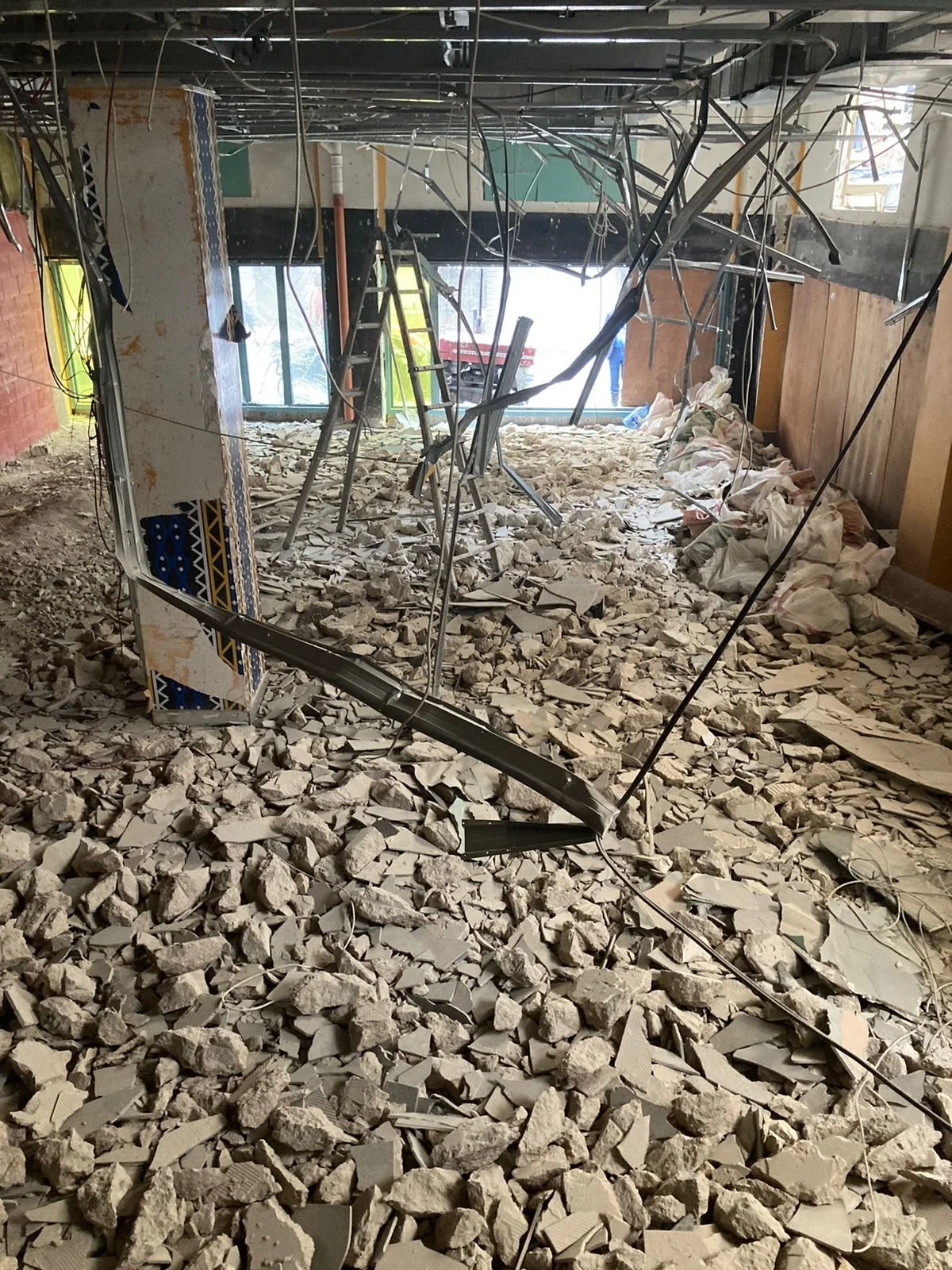















Project: Ashkal Alwan exhibition space
Client: Ashkal Alwan
Architect: Christian Zahr
Ashkal Alwan, The Lebanese Association for Plastic Arts is a non-profit organization based in Beirut, Lebanon. Since 1993, the association has been committed to contemporary artistic practice, research, and modes of study. The association aims to facilitate artistic production, foster critical thinking around contemporary social realities, and engage in community mobilization.
Challenging the economic collapse and the outflow of Lebanese artists to countries abroad, they decided to open an exhibition space in order to help local artists, hoping to create a new dynamic for the Lebanese and regional contemporary art scene.
The chosen space situated in the middle of an already gentrified neighborhood of Beirut, Mar Michael, in an old building from the 1940s, had already been used as 2 restaurants and a concert venue across the last 10 years, and was heavily affected by the Beirut explosions in 2020, being 500 m away from the epicenter.
The decision to relocate in this lively neighborhood was to brake the exclusivity of the art world and bring it closer to the street. And to revive the neighborhood with cultural programs beside bars and restaurants.
Zahr discussed with Christine Tohmé head of Ashkal Alwan and many artists, gallerists and art practitioners to end up with a minimal intervention on the space, making it adaptable to the needs of the artist and highlighting the works of art instead of the space.
Seeking to introduce possibilities, and a flexibility to adapt the space to different exhibitions where the relation to the outside street and alley, the natural light and the space can all change with each exhibition, the 120 sqm space becomes performative too.
Taking advantage of the high ceiling and the 2 existing raws of windows, on the street level and the upper level, Zahr inserted a series of sliding panels. When the panels are up, the interior space of the gallery expands out to the alley. When the panels are down they offer extra walls for suspensions or projections.
The work started by cleaning the damage from the explosions and removing 3 skins from the previous venues that occupied this space, bringing back the original skeleton. The previous restaurant decor remains only in the toilets.
The Ashkal Alwan exhibition space was executed with a minimum budget, taking into consideration the economic and financial situation in Lebanon, in order to offer a sustainable cultural space in a country always in turmoil.
Visuals: Dimitri Laffe.
